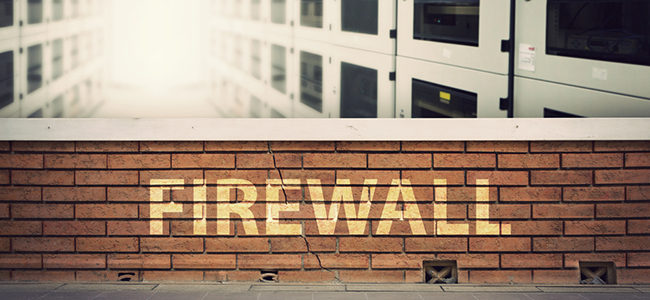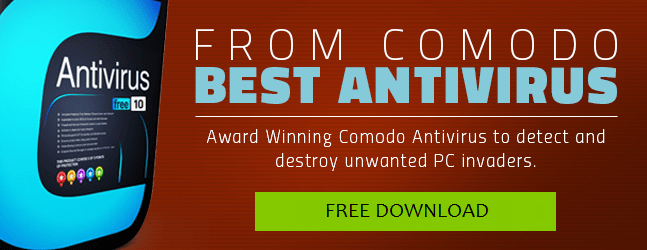
Servers are very critical. Because they are responsible for running businesses. (iasp.info) Which means the moment they crash, your business goes down. Loss of productivity, loss of customers and who knows – if the server is down for a long time – it may even mean the end of your business. Therefore it’s best to keep your servers secure all the time by taking the appropriate measures.
In this blog post, let’s take a look at 5 different security measures using which you can secure your servers.
1. Applications: Your servers cannot survive without firewall protection. A network firewall is basically an application which filters the traffic which flows into and goes out of your server. Technically speaking, it imposes security rules for monitoring the web traffic in order to keep your server safe from malicious actors (from both within and outside the network).
2. SSL Encryption: SSL encryption – also known as data encryption – offers absolute security to your servers by ensuring the outside world (the internet) communicates with your server only after they authenticate themselves (prove their identity) through what is known as ‘SSL Handshakes’, and only after this, the communication commences, leaving little room for the hackers to compromise your server.
3. VPNs and Private Networking: Your servers can also be secured by deploying VPN (Virtual Private Network) Access. This is also known as private networking. With this, you actually establish a communication channel, separate from that of the public internet, and allow your customers or clients to interact with your server, thus ensuring your server’s integrity is not compromised.
4. Service Auditing: Servers are basically computers designated or elevated to the ‘server’ status. Which means your server, just like any other computer, will run many services. And it’s your job to audit as well as monitor those services. This process is usually known as service auditing, through which critical information like what services are running on your server, what ports are used for communication, what protocols are generally accepted etc., can be obtained.
5. Isolated Execution Environments: Also known by other names such as Containment or Auto-Sandboxing, the use of isolated execution environments too can enhance your server security. Since the security threats subjected upon isolated execution environments will have no effect on the real production environment, your servers will be safe.
6. Using Intrusion Detection Systems: These systems when incorporated into your network will detect intrusion of any sort which is perpetrated by the bad actors, and will prevent it from entering your network. So your server, along with other network elements, remains safe.
Conclusion:
Comodo’s award-winning Firewall and Antivirus which is a part of Comodo Internet Security (CIS) can help enterprises like you protect your servers from all kinds of malware attacks – including zero-day threats. Backed by Default Deny Approach, Containment technology, and others, your server security is sure to go to the next level, where it will stay protected against not just malware attacks but against zero-day threats too.
Download Comodo Internet Security (CIS) now (which comes equipped with antivirus software, firewall and other security measures) and safeguard your enterprise servers.

Related Resources





